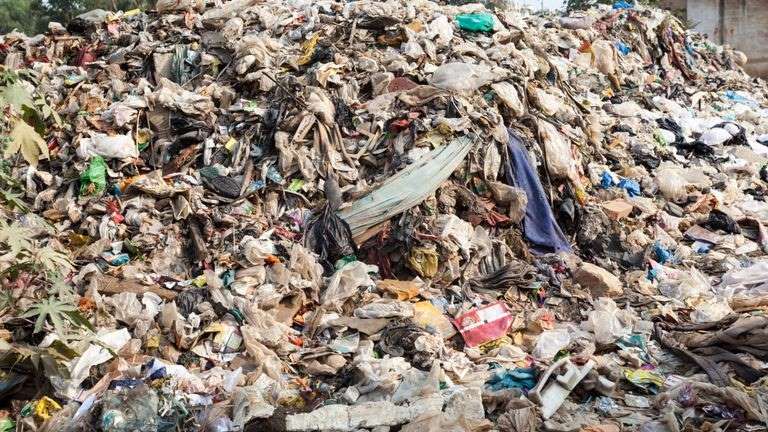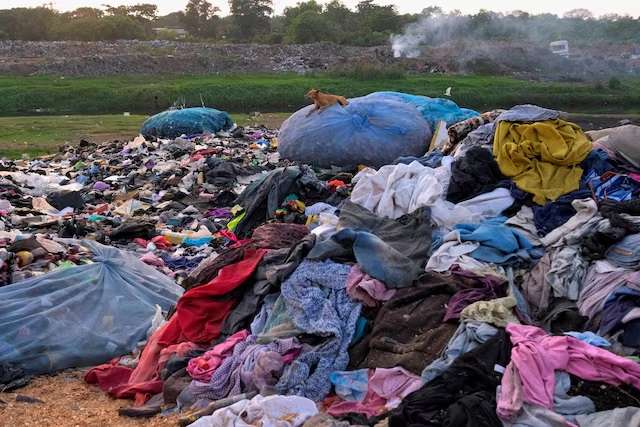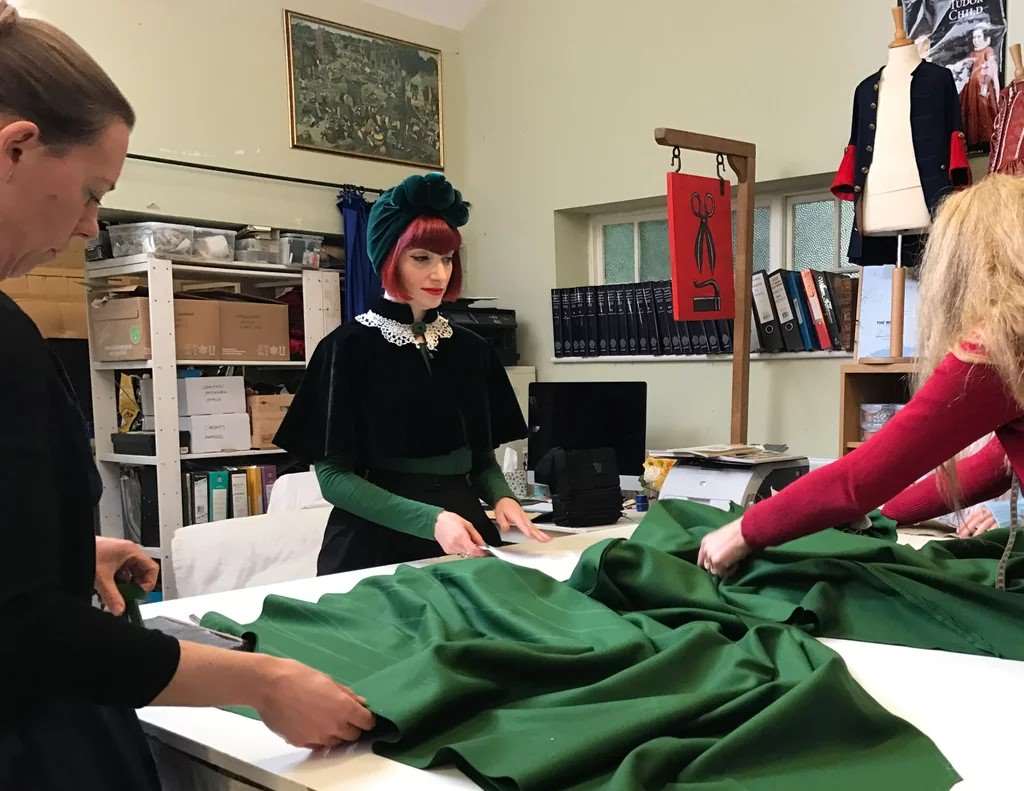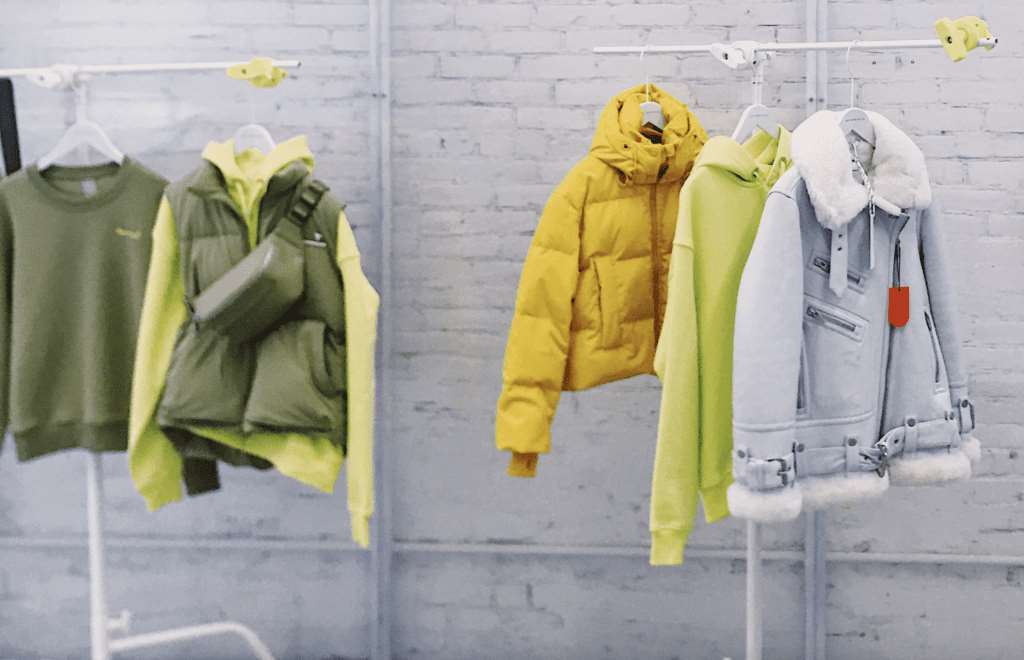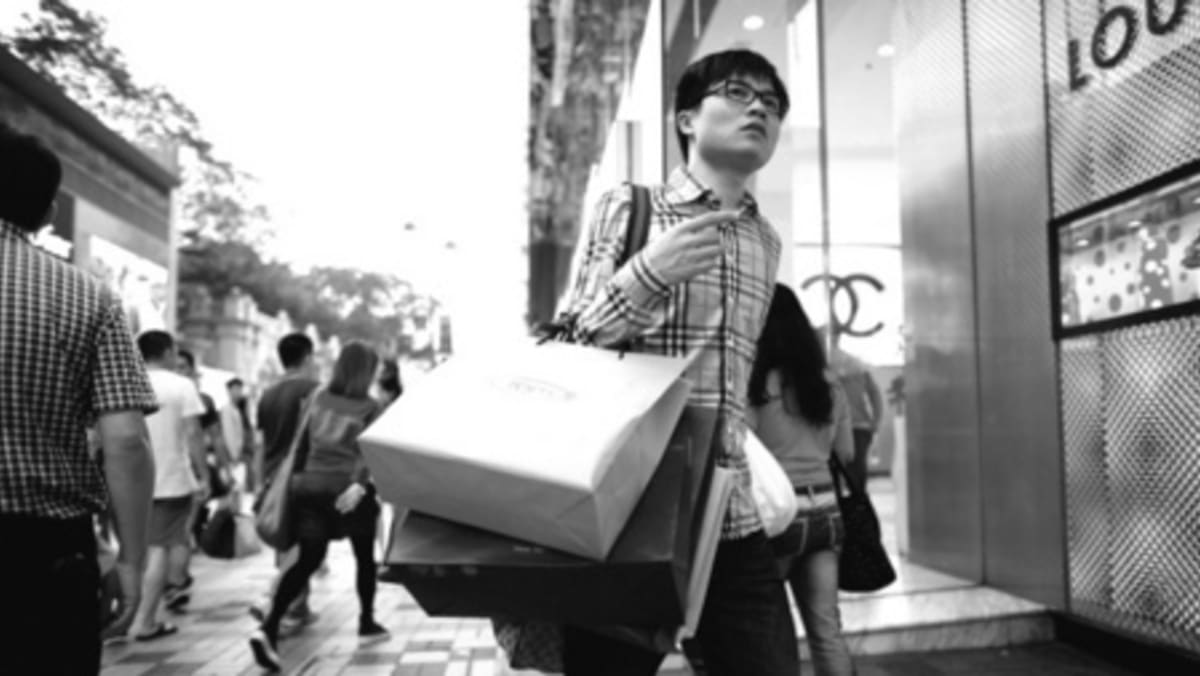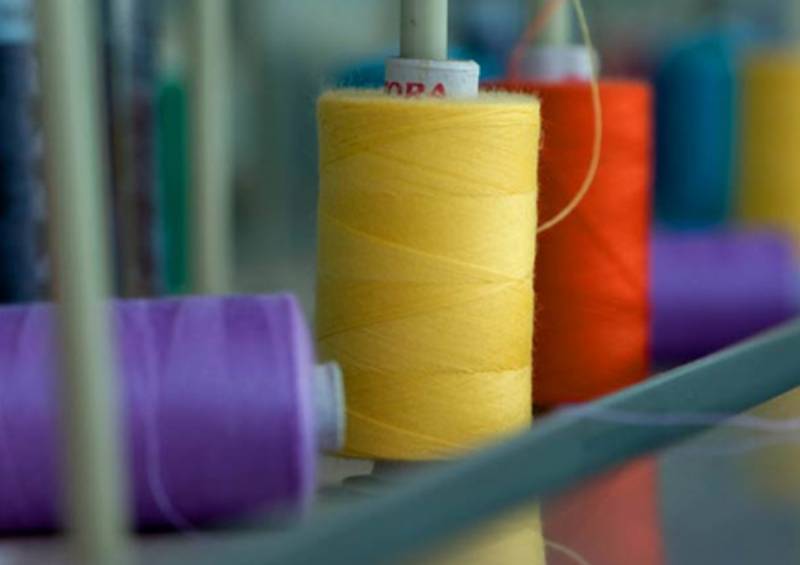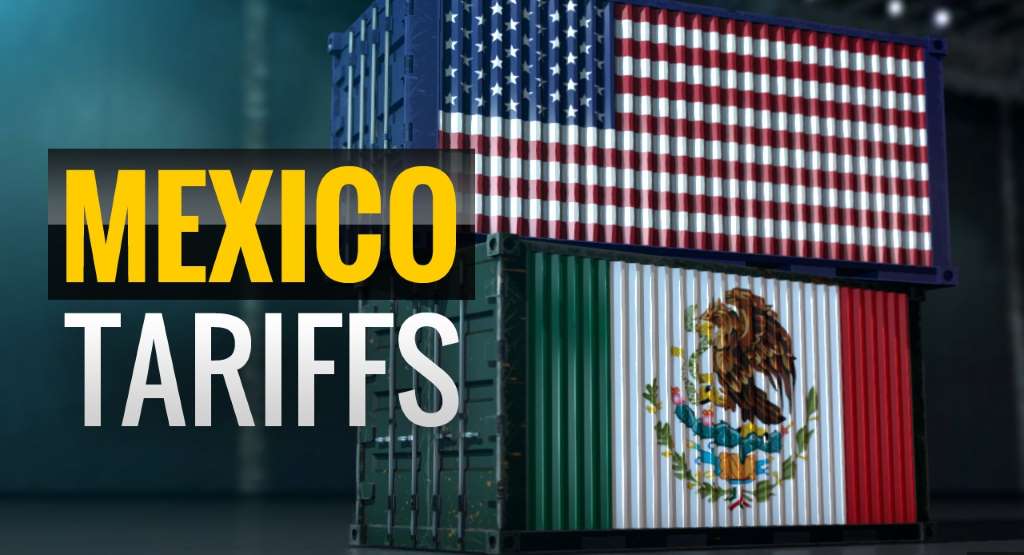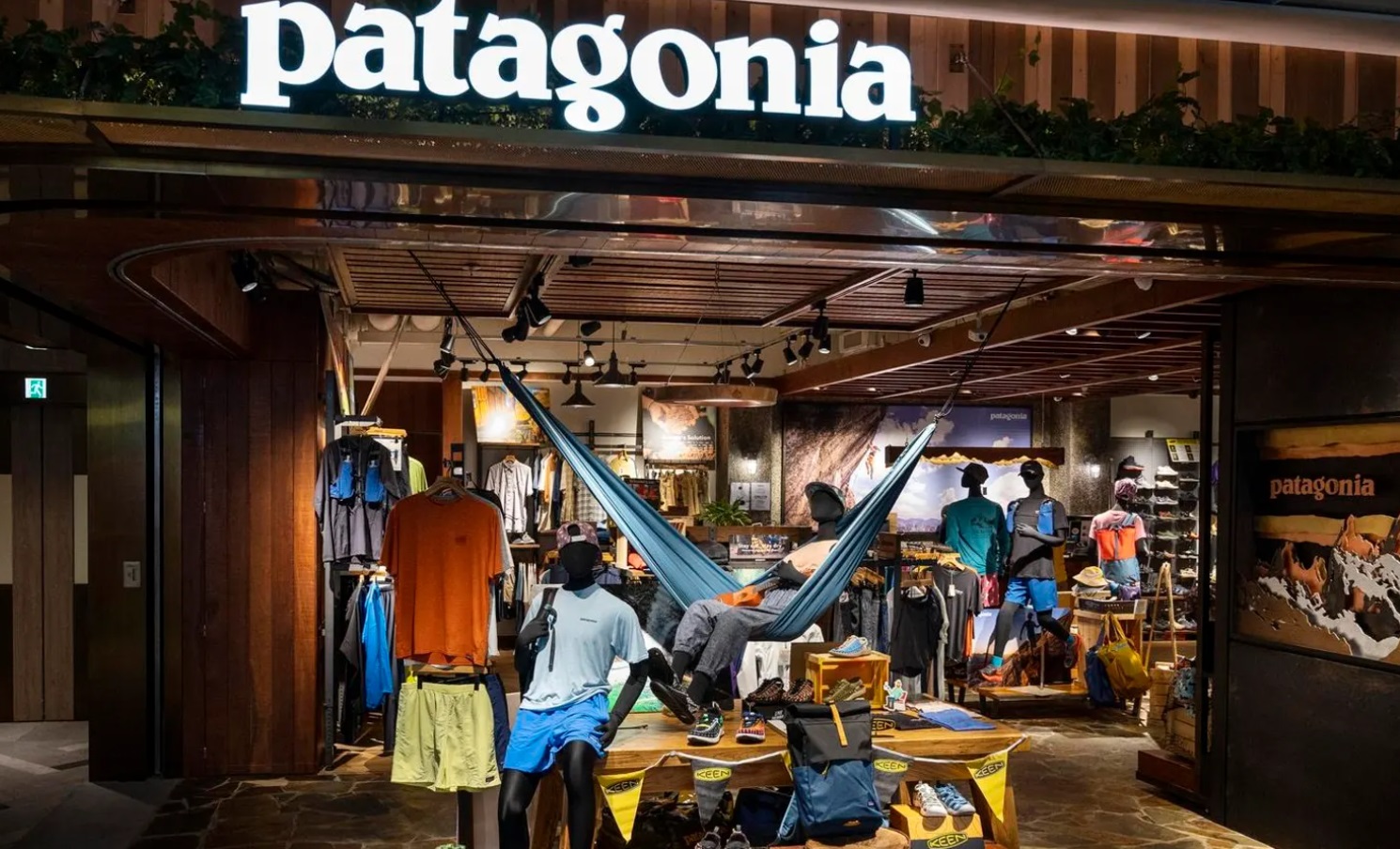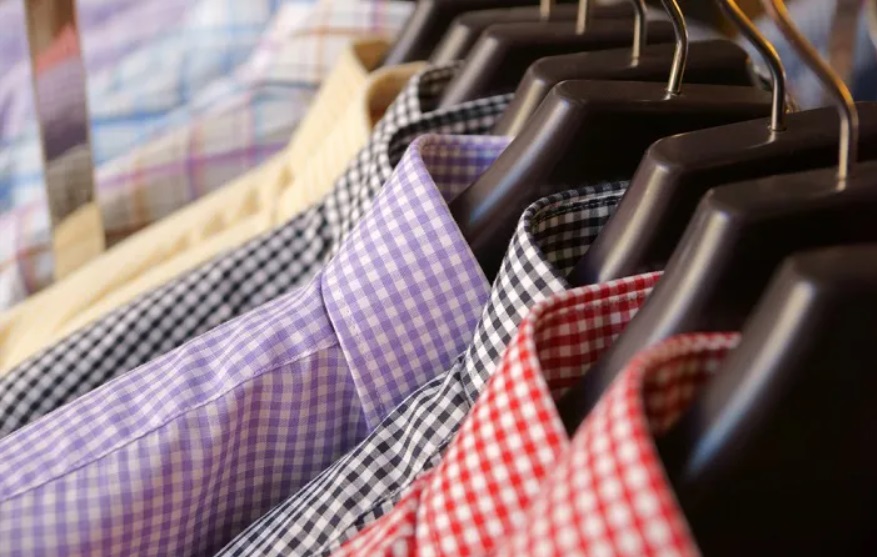FW
Freudenberg Nonwovens, one of the world’s largest producers of nonwovens, with 21 manufacturing and processing sites in 13 countries has spread its wings to Brazil. It is one of the group’s strategic growth markets Freudenberg is looking at gaining market share there. The company is commissioning a new manufacturing plant for Technical Products and Hygiene market segments, underlining the significance of the South American region.
The move will pave the way to harness further opportunities to increase profitability in the niche hygiene market segment and enhance sales. Also it will help in expanding the product portfolio with special solutions, such as printed or especially light, cotton like nonwovens. Freudenberg hopes to manufacture even better specialist hygiene products in the future by using tried and tested nonwovens technology.
The Freudenberg group is expanding its commitment to the automotive industry by commissioning a new production line for thermoplastic high performance components in Diadema.
Following the US, China and Japan, Brazil forms one of the largest automotive markets in the world. Experts expect an increase in vehicle production by 12 per cent to 3.8 million manufactured vehicles in 2014. Over the last few weeks, several automotive manufacturers have announced their intention to build new assembly plants there, and to serve the higher demand.
www.freudenberg.com/
Delhi-based Anisha Impex has filed DRHP or Draft Red Herring Prospectus in the BSE SME platform for issuance of 65 million equity shares at Rs 10 each aggregating to Rs 6.5 crore. The net issue will constitute 37.49 per cent of the post issue paid up equity share capital of the company. Inventure Merchant has been appointed as a lead manager to the issue. Proceeds from the funds will be used to meet public issue expenses and augment its long term working capital needs.
The company incorporated in 1999 is engaged in the business of trading of multi product fabrics like fabrics for bedding, window dressing, decorative, pillows and accents, table linen, kitchen linen and other home furnishing fabrics.
It also participates in auctions carried out by authorised agents of customs and ports authorities to buy the confiscated textile materials. Its trading customers include Alps Industries, Argon Denims, BBD Traders and Nagar Handloom.
Currently, Anisha has a presence in Delhi- NCR and is planning to increase its scale of operations to other regions and expand its supply chain networks.
Yarn Expo Pavilion is a designated fiber and yarn exhibition area within Intertextile Shanghai Apparel Fabrics. The spring edition of the expo will be held in Shanghai from March 3 to 5, 2014. Nearly 180 yarn and fiber exhibitors will participate. The pavilion will feature the foremost yarn makers from mainland China, Hong Kong, India, Korea, Pakistan, Portugal, Singapore, Switzerland, Turkey and Uzbekistan. A wide variety of cotton yarns and innovative man-made fibers featuring advanced technology will be on display. Concurrent fringe activities including a ‘Trend Area’, a series of interactive seminars and fashion shows, will provide more insights into trends and market developments in the yarn industry.
The show has been relocated from Beijing to Shanghai this time. It will be held in the first half of March, which is the peak spring sourcing time in China. The change of date and venue offers more opportunities for exhibitors and visitors, and strengthens the fair as a leading platform in one of the world’s fastest growing marketplaces for fibers and yarns.
During the first 11 months of 2013, China imported 1.93 million tons of cotton yarn worth 6.27 billion dollars, up over 40 per cent from the previous year.
www.messefrankfurt.com/.../yarn-expo-pavilion--early-march-show-date...
Lativia-based fabric manufacturer, Lauma Fabrics has acquired 100 per cent shares in the German textile company Elastic Textile Europe. The aim is to find new clients in western markets. Lauma is a leading manufacturer of lace, elastic knitted fabric and ribbons in Europe. Its key markets are Belarus, Baltic countries, Ukraine, Poland, Russia, France. But the firm now hopes to attract new clients in western markets through the latest purchase and obtain knowhow and additional production capacities. In addition, the acquisition will strengthen Lauma’s position in the CIS countries.
Elastic Textile is a leading manufacturer of flexible fabrics, lace and innovative products for laundry, bath textiles as well as sportswear and technical textiles. Elastic specialises in rich, soft and modern fabrics used for the making of shaping underwear. The company supplies its Elastic brand products to leading producers of lingerie in Europe.
Lauma and Elastic will establish an integrated strategy to develop a modern and innovative production that is able to offer clients original products of high quality at competitive prices. The combine would retain production of goods manufactured by the German textile firm in addition it would also be manufacturing high value-added textile goods as well as Lauma Fabrics products.
www.laumafabrics.com/en
The International Home Textiles and Furnishings Fair will be held at the Hong Kong Convention and Exhibition Centre from April 20 to 23, 2014. The three-day exhibition will showcase a wide range of bedroom, bathroom and kitchen textiles, carpet and floor coverings, upholstery and furnishing products as well as curtains and window fashion accessories. It is a specialist trade platform giving exhibitors and buyers of home textiles immediate access to markets in Asia and beyond.
The fifth edition of the fair is expected to attract over 220 exhibitors from six countries. Besides Chinese and Indian manufacturers, who are well known for their high quality textiles, the fair will also feature exhibitors from the Czech Republic and Taiwan. The fair is structured to include a number of themed sections. Hall of Glamour will feature home furnishing and household textile products, covering towels, bedding, curtains and carpets. Window Fashion & Accessories Zone will feature woven, readymade curtains, blinds and accessories for functional and decorative purposes. Other zones are: Baby & Bedroom Textiles, Bathroom & Kitchen Textiles, Carpet & Floor Coverings and Upholstery & Furnishing Products. The Hong Kong Houseware Fair will run concurrently. This is a comprehensive spectrum of household-related products and textiles which will be showcased for one-stop sourcing ease.
www.hktdc.com/fair/hkhometextilesfair.../HKTDC-Hong-Kong-Internati...
For the past three years, China was importing world's surplus cotton while its own production entered the reserves. Exporters were able to unload their surplus in China as the world's largest country imported nearly 56 million bales. China, in effect, was absorbing extra supplies from the world market, thus supporting global prices.
For the 2014 marketing year, that dynamic seems to be changing. China now plans to stop building cotton reserves. China's stocks are projected to remain stable and increase in world stocks will occur in other countries. China’s import quotas are expected to be more or less the same, but quantities above the required tariff-rate quota are expected to be less than in recent years. The changes in the cotton policy may alleviate some of the pressure on China's textile mills and provide more competitively priced fiber. As a result, mill use in China may see a modest growth to 36.4 million bales, leaving a 6.3 million bale differential with production.
China's cotton production is estimated to fall to 30.1 million bales, down from 33 million bales in 2013. Smaller imports by China and increased stocks outside of China imply that the US faces very competitive markets for its cotton. The US annually exports more than 70 per cent of its cotton production.
Fast fashion retailer Primark has committed to eliminate the use of hazardous chemicals from its supply chain by January 1, 2020. The brand will step up work on supply chain disclosure as well as outlining an APEO, PFC and Phthalates elimination policy. Primark will also ensure supply chain transparency by mandating manufacturing facilities to upload data on hazardous chemical discharges via a publicly accessible platform.
From budget retailers like Primark, to luxury houses like Burberry, brands are committing themselves to sustainable production. Toxic-free clothing is becoming a fashion trend in the industry. In fact, Adidas has done notable work in this direction in areas such as dry-dyeing, designing out waste and supporting up-cycling.
Unlike conventional dyeing methods, which require an average of 100 to 150 liters of water to process a kilogram of fiber, dry-dyeing uses a pressurized form of carbon dioxide in lieu of regular water. Heated up to 31° C and pressurized to 74 bar, carbon dioxide takes on the characteristics of both a liquid and a gas. This allows the substance to penetrate fibers and disperse preloaded dyes without extra chemical agents.
Up-cycling is the process of converting old or discarded materials into something useful and often beautiful.
Owners of readymade garment factories in Bangladesh who prevent trade union activity among their workers can face legal action. The US government has persuaded Bangladesh to implement an action plan for developing a conducive environment in readymade garment units after the industry was hit by a series of building collapses and factory fires.
Allowing freedom in trade union practices is one of the key components for restoration of the Generalised System of Preferences (GSP) facility in the US market. The US suspended its GSP facility to Bangladesh in April 2013 following several industrial disasters. Now the US is interested in working with the government of Bangladesh to restore GSP benefits at the earliest appropriate time, based on progress made to address the items in the action plan.
The US GSP is a program designed to promote economic growth in the developing world by providing preferential duty-free entry for up to 5,000 designated products. Products that are eligible for duty-free treatment under GSP include most manufactured items, many types of chemicals, minerals and building stone, jewelry, many types of carpets, and certain agricultural and fishery products.
The Bangladesh government is working to create a database with all information regarding registration of trade unions and inspection of factories. There is an allegation that a vested quarter, mainly involved with management of the readymade garment factories, has been creating impediments to formation and operation of trade unions.
Trade unions in Australia have voiced their support for garment workers in Cambodia who have been facing repression while campaigning for a decent, living wage. Among the Australian bodies supporting their case are: the Australian Council of Trade Unions and Textile, Clothing and Footwear Union of Australia. They have signed letters calling for the immediate release of all arrested workers, provision of medical treatment for the injured and an agreement on a minimum wage for the textile and garment industry. They say there should be no repression of workers fighting for a living wage.
The over 5,00,000 workers in the Cambodian textile industry are being paid paltry wages even though Cambodia’s garment industry has an annual turnover of $5 billion. The Cambodian economy has enjoyed growth due to many corporations relocating there from China. And much of this growth has been in the textile and clothing sector.
Strikes and protests regularly embroil Cambodia's garment industry. Workers in toil in poorly ventilated factories and work overtime to eke out a living. The garment sector accounts for more than 80 per cent of Cambodia’s exports and is the bedrock of the country’s economy.
Turkey feels India must phase out textile export subsidies gradually as it has reached export competitiveness. Subsidies hurt Turkey’s interests since its textile and apparel producers have to compete with subsidized Indian textile and apparel producers in domestic and export markets.
India’s textile and apparel export to Turkey has increased significantly in the last couple of years. Turkey’s textile and apparel exports were around $17 billion in 2013. In December 2008, Turkey implemented safeguard measures for all cotton yarn imports but subsequently after consultations with India, eliminated the safeguards a few years later even though cotton yarn is a crucial component of Turkey’s textile production.
The World Trade Organisation had calculated the export competitiveness of textile and apparel products from India. These calculations showed that India had reached export competitiveness on these products as far back as 2007, if not earlier.
Turkey has strong historical and cultural relations with Central Asia, Caucasia, West Asia and the Mediterranean region. It wants to extend its economic and commercial ties to these regions. Turkish companies are interested in exploring business opportunities in India. The two countries have decided to start talks on the Comprehensive Economic Partnership Agreement within the next three months and conclude the agreement as soon as possible.

